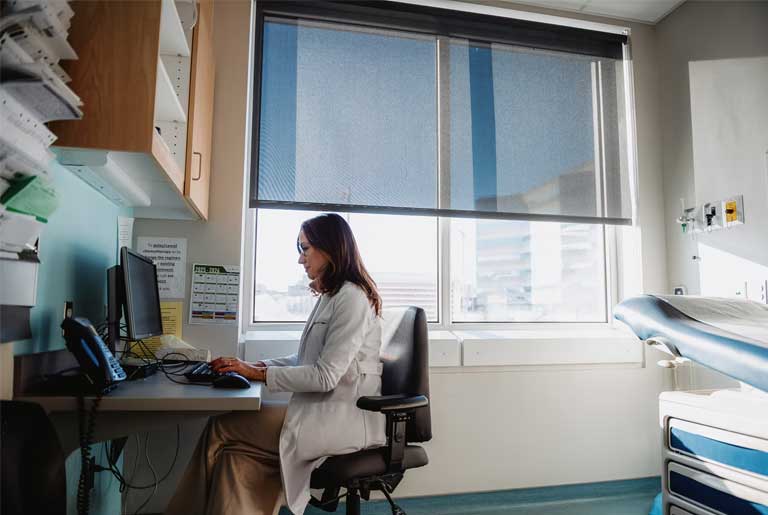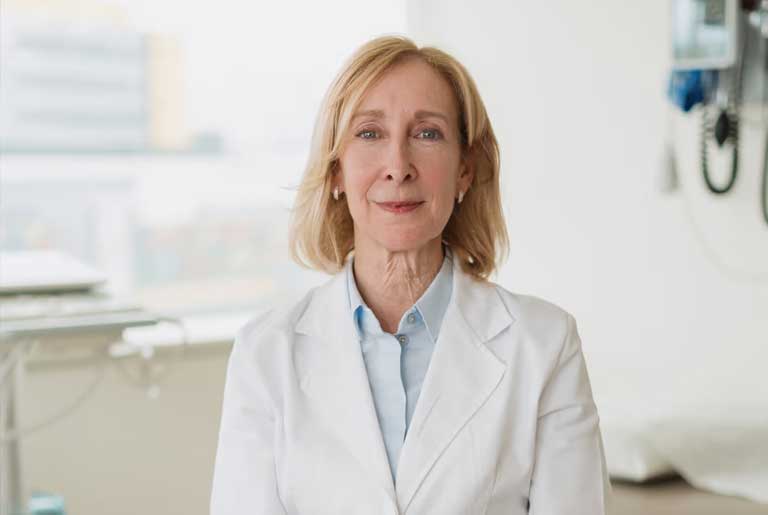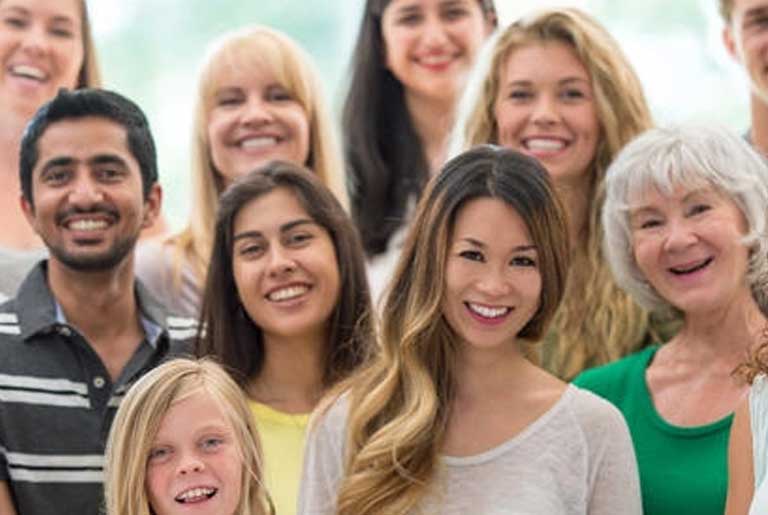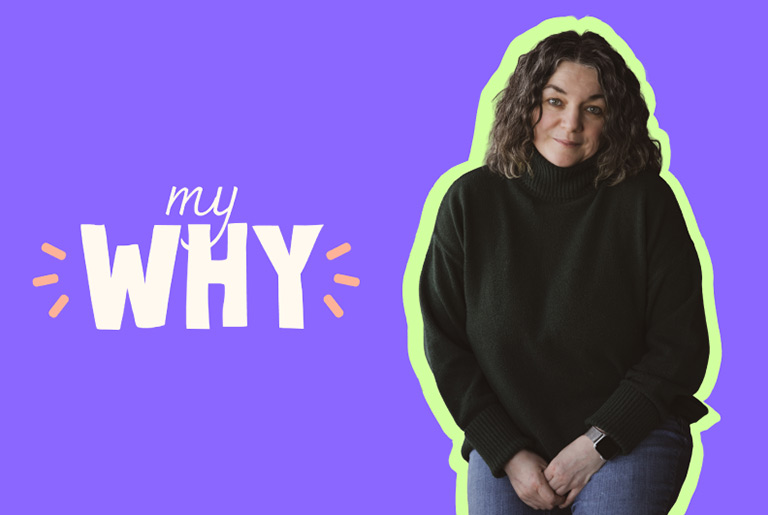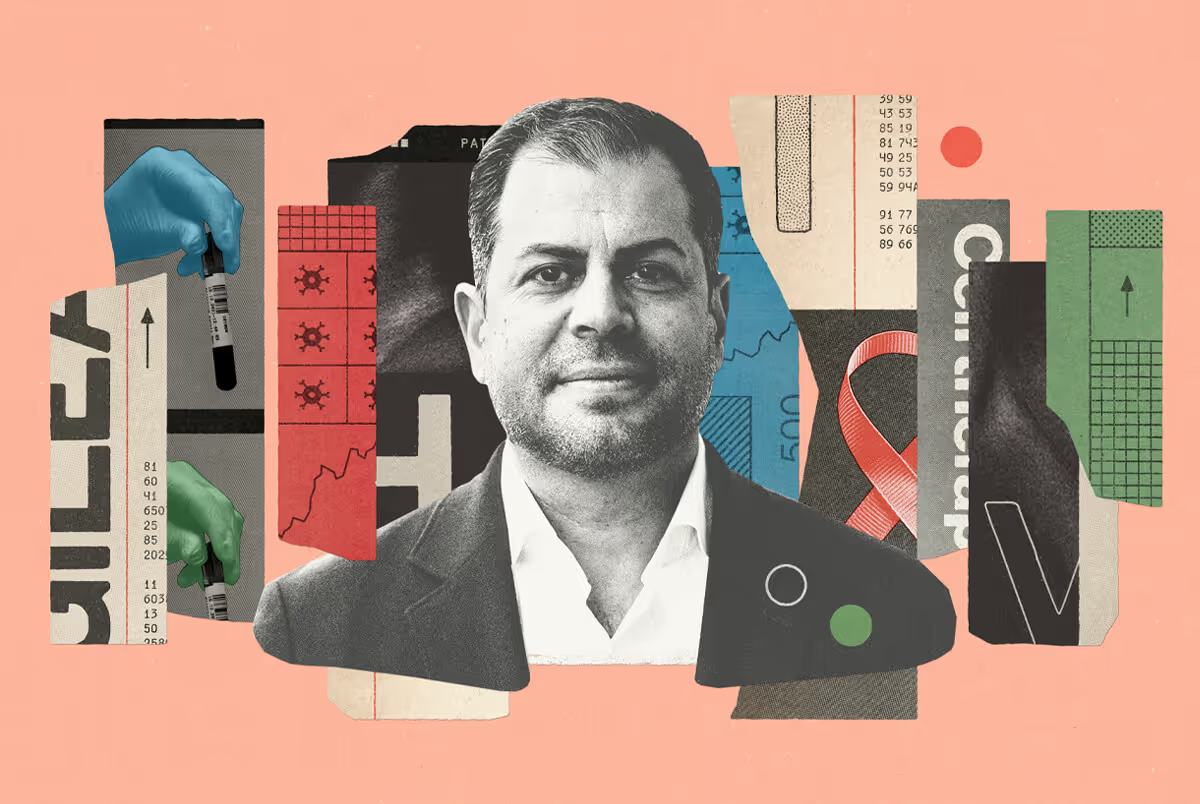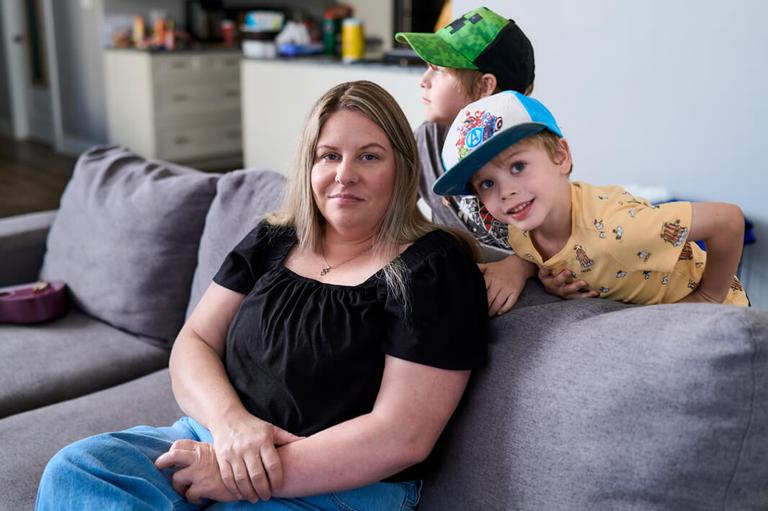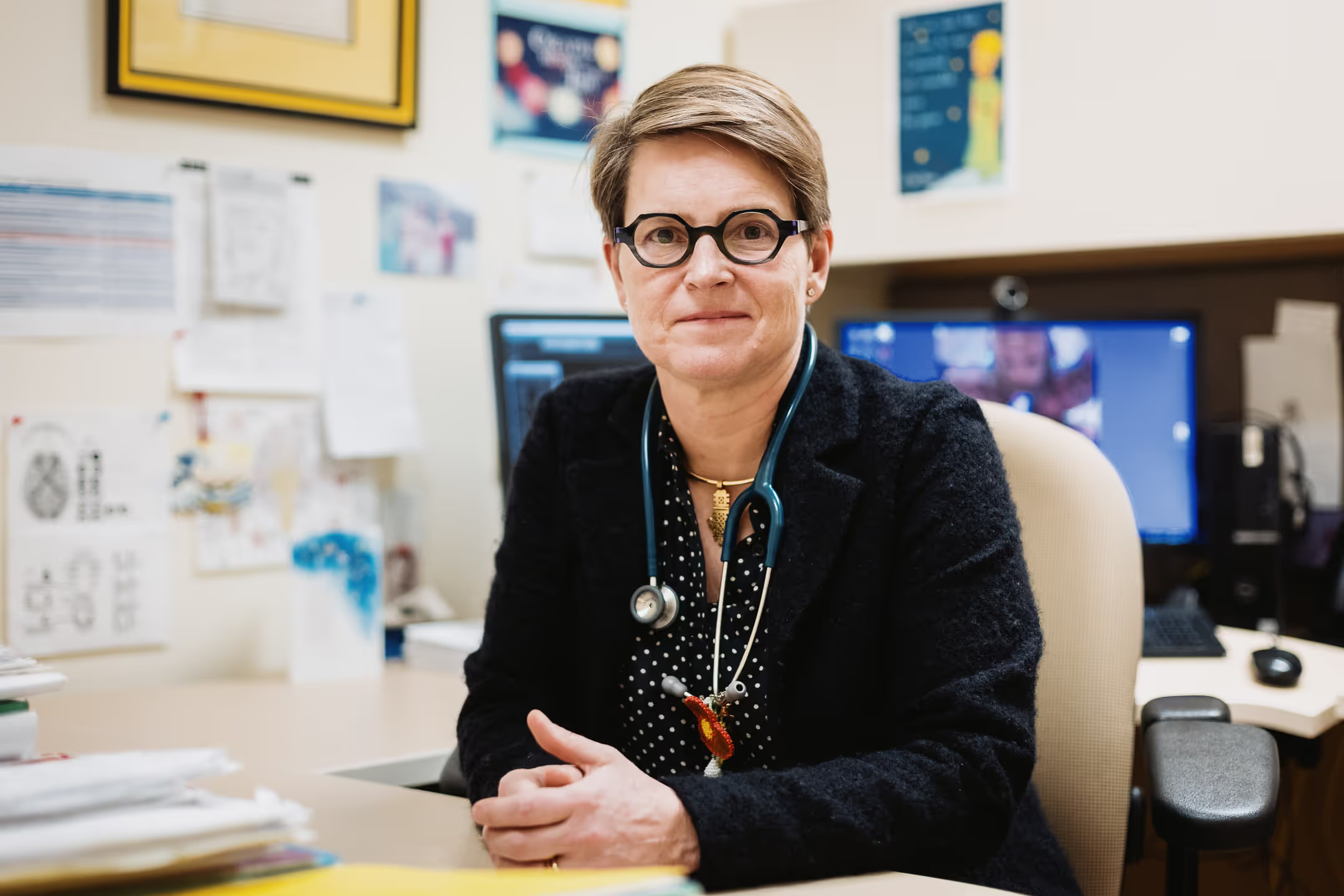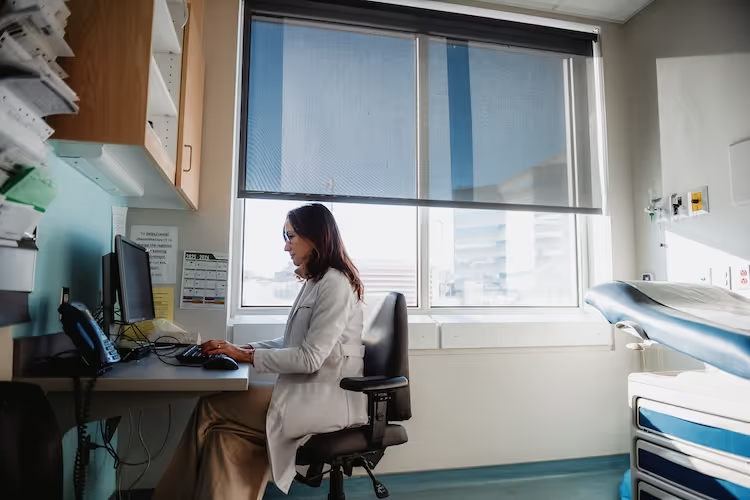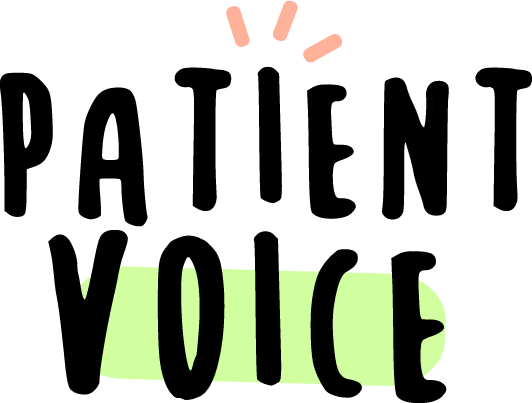“Since I started menstruating at 11 years old, pain has been a defining feature of my life. My mom would be driving me to the hospital at 2:00 a.m., sitting in the ER waiting for pain medicine. I’d be vomiting and fainting from the pain. I missed so much school. And always the same refrain: ‘It’s just a bad period. Maybe next month it’ll be better.’
But it never gets better. At a very young age I had to grapple with the idea that this was just what my life was going to look like forever — and worse, the idea that this was normal and the implication that I was confused and weak for not being able to handle it. But endometriosis is not normal. It’s not just a bad period. It’s a whole body disease.
It’s also a layered disease. There’s one thing after another. There’s tissue, similar to the lining of the uterus, growing outside of your uterus. And how the disease manifests depends on where it spreads. I’ve had it in my bowels, on my appendix, on my ovaries, and recently in my ureters, so now it’s affecting my kidneys. And so you’re dealing with all these complications and the surgeries and always the pain. And then the recovery and fallout from the surgeries can be a whole other ordeal you’re unprepared to meet.
“Endometriosis is not normal. It’s not just a bad period. It’s a whole body disease.”
During my first surgery in 2017, both my fallopian tubes were removed. It happened so fast, it almost felt unreal. Growing up, I had always wanted kids and it was still something that I saw in my future. And then suddenly this surgery happened. Afterwards, I was so conflicted. I was happy that something had finally subdued the pain, at least for a while. But I was also shocked and frustrated and disappointed, mourning a vision of my future.
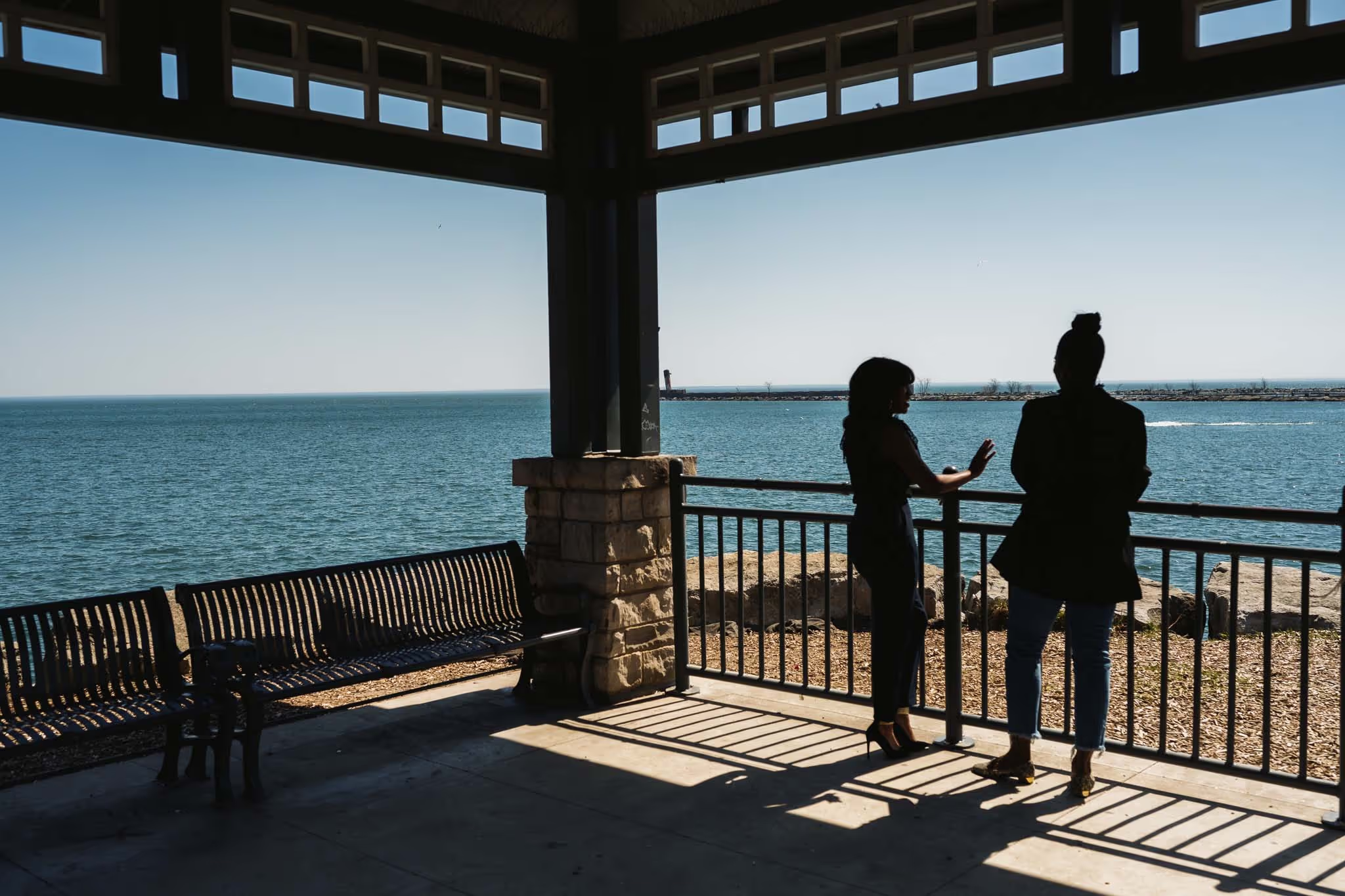
It’s a long journey, and a complicated one. There are more emotions than there is time to process them. But in the end I pivoted my vision to acceptance and education. We need more people to know about this disease, to understand what it is, so that people who know something is not right with their bodies no longer have to accept being told that it’s normal. There’s so much power in asking your family doctor: ‘Could this be endometriosis?’”
